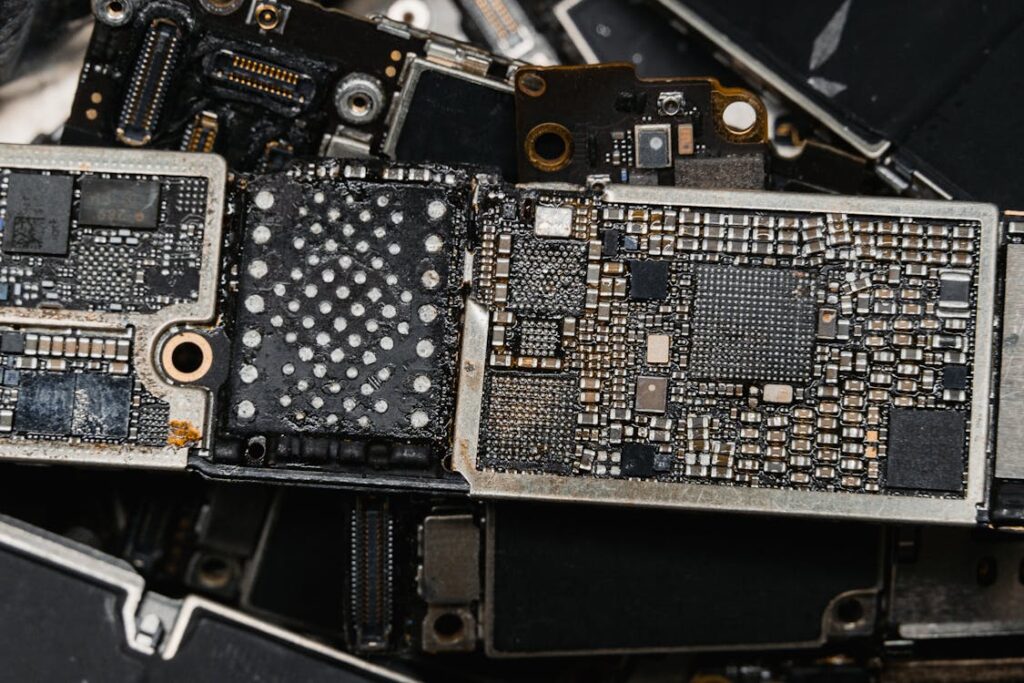Introduction
Welcome to the comprehensive guide on solar system watch types and tips. Whether you’re a seasoned enthusiast or a beginner exploring the cosmos, understanding the intricacies of solar system watches is crucial for a fulfilling stargazing experience. In this guide, we’ll delve into various types of solar system watches, essential tips for choosing the right one, and how to make the most of your celestial observations
watches, exploring their features, benefits, and how to choose the perfect one for you.
Understanding Solar System Watches
Solar system watches are more than just timepieces; they’re miniature replicas of our solar system. Each watch features a dial that mimics the appearance of celestial bodies, including planets, moons, and even asteroids. These intricate designs not only serve as aesthetic embellishments but also offer educational value, allowing wearers to learn about the various components of our solar system.
How Solar System Watches Work
At the heart of every solar system watch is precise engineering. The movement mechanism within the watch powers the rotation of the celestial bodies on the dial, simulating their orbits around the sun. Some watches even incorporate additional features such as luminous hands and markers, allowing for easy reading in any lighting conditions.
Features of Solar System Watches

Solar system watches come in a variety of designs and styles, catering to different preferences and tastes. Key features to look for include:
- Dial Design: The dial serves as the focal point of the watch, depicting the arrangement of planets and other celestial bodies.
- Materials: High-quality materials such as stainless steel, sapphire crystal, and genuine leather ensure durability and longevity.
- Movement: Choose between quartz or mechanical movements, each offering its own benefits in terms of accuracy and craftsmanship.
- Additional Functions: Some include additional functions such as chronographs, moon phase displays, and date complications.
Choosing the Perfect Solar System Watch
With countless options available on the market, finding the perfect solar system watch can be a daunting task. However, by considering the following factors, you can narrow down your choices and find the ideal timepiece to suit your style and preferences.
Style and Design
When selecting a solar system watch, consider your personal style and aesthetic preferences. Whether you prefer a minimalist design or a more intricate dial, there’s a solar system watch to match every taste.
Quality and Craftsmanship
Investing in a high-quality solar system watch ensures not only longevity but also superior performance. Look for reputable brands known for their attention to detail and commitment to craftsmanship.
Functionality
Beyond telling time, consider what additional functions you may require from your solar system watch. Whether it’s water resistance, luminous hands, or calendar complications, choose a watch that meets your practical needs.
Budget
Solar system watches come in a wide range of price points, from affordable options to luxury timepieces. Determine your budget beforehand to ensure you find a watch that offers the best value for your money.

Exploring the Solar System: A Brief Overview
Before diving into the specifics, let’s briefly explore the wonders of our solar system. From the majestic rings of Saturn to the fiery surface of the Sun, our cosmic neighborhood is teeming with celestial marvels waiting to be discovered. With the right tools and knowledge, you can embark on a journey through space and time, unraveling the mysteries of distant planets, moons, and beyond.
Understanding Solar System Watches
Types of Solar System Watches
- Analog Solar System Watches: These traditional timepieces feature intricate dials that mimic the orbits of planets around the Sun, providing a visual representation of celestial movements.
- Digital Solar System Watches: Utilizing advanced technology, digital solar system watches offer precise tracking of celestial events, including planetary positions, lunar phases, and meteor showers.
Choosing the Right Solar System Watch
Factors to Consider
- Accuracy: Opt for a watch with precise timekeeping capabilities to ensure accurate celestial observations.
- Durability: Since stargazing often takes place in outdoor settings, choose a watch that is rugged and weather-resistant.
- Features: Consider additional features such as moon phase indicators, star maps, and illuminated displays for enhanced functionality.
Tips for Solar System Observation
1. Location, Location, Location: Find a dark, open area away from city lights to minimize light pollution and maximize visibility of celestial objects.
2. Know Your Targets: Familiarize yourself with the positions of planets, stars, and constellations using sky maps or astronomy apps to locate specific celestial bodies.
3. Patience and Persistence: Stargazing requires patience and persistence, as some celestial events may only occur at specific times of the year.

